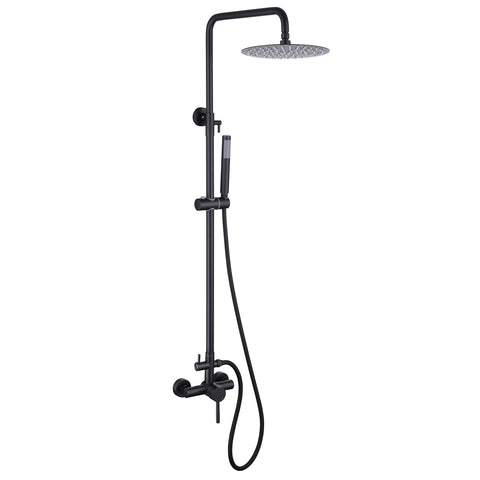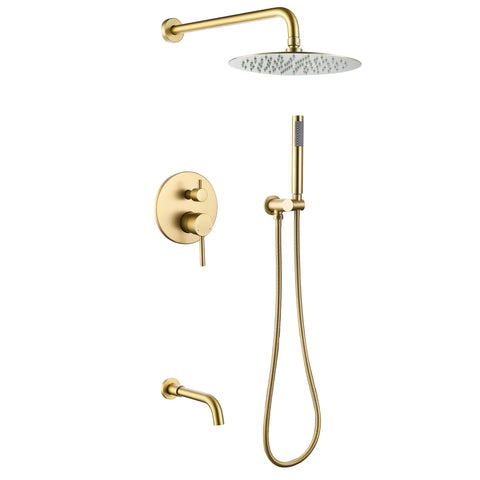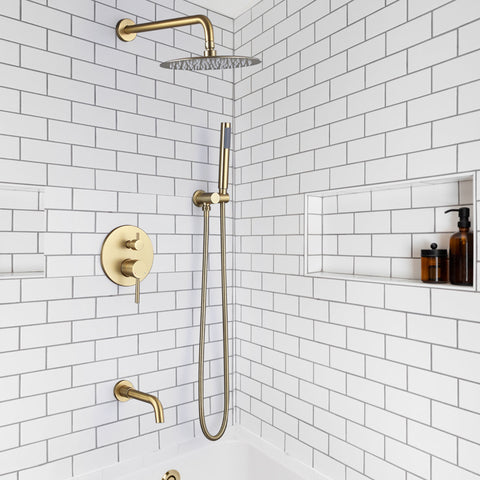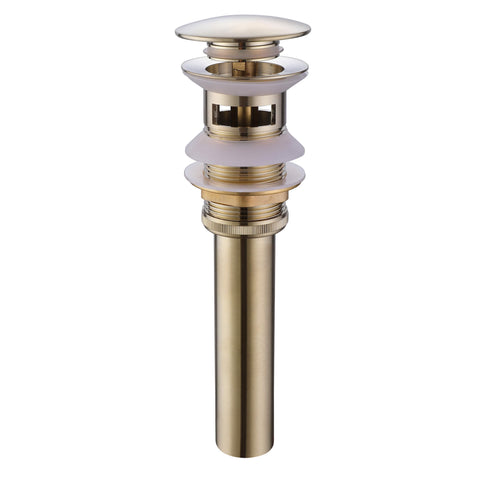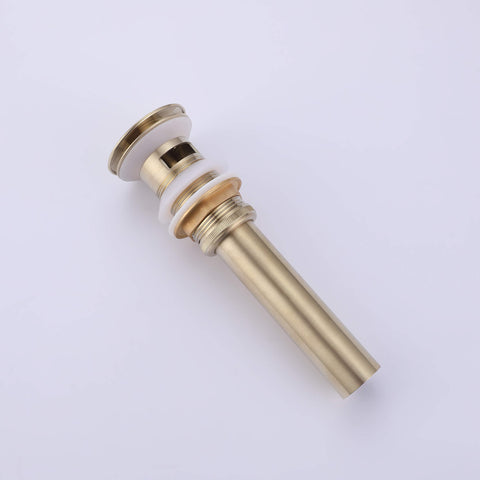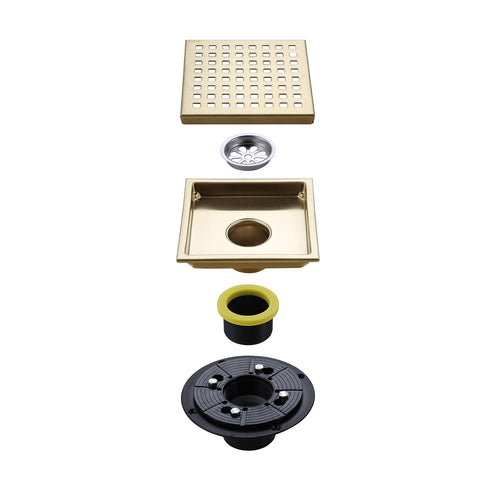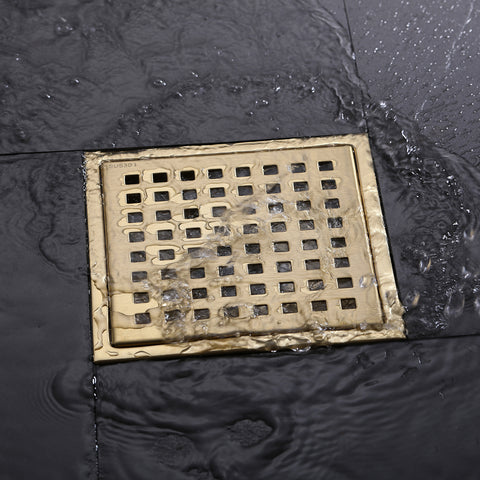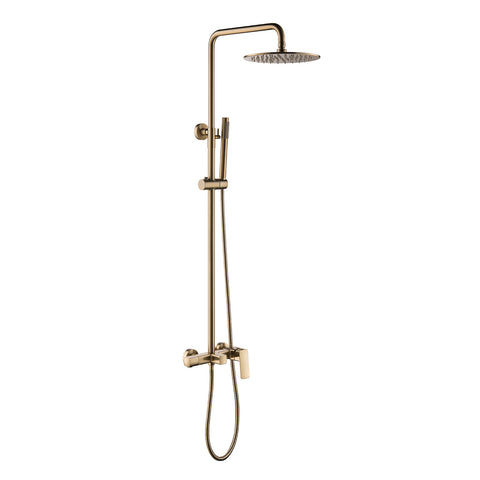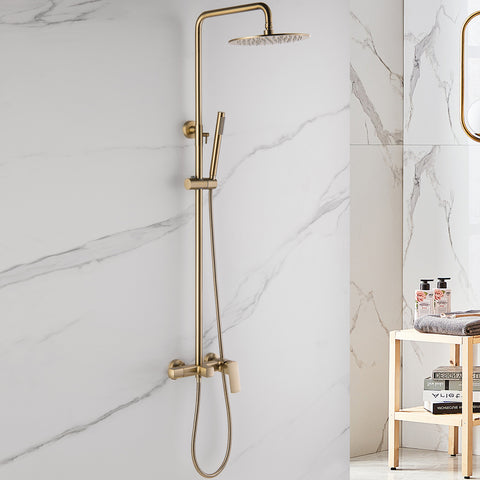How to Install a Wall-Mounted Bathroom Faucet
A new wall-mounted bathroom faucet can instantly elevate your bathroom’s aesthetics while adding practicality and convenience. Whether you’re remodeling your bathroom or replacing an old faucet, installing a wall-mounted faucet is a great choice. While it may seem daunting, with the right tools and step-by-step guidance, you can complete this DIY project like a pro. Here’s how to install a new wall-mount faucet in your bathroom.
Tools and Materials You'll Need
- Wall-mounted faucet kit
- Adjustable wrench
- Plumber's tape (Teflon tape)
- Drill and hole saw
- Screwdriver
- Level
- Measuring tape
- Pencil
- Pipe wrench
- Bucket or towels (for catching water)
Step-by-Step Installation Guide
Step 1: Turn Off the Water Supply
Locate and close the shutoff valves by turning them clockwise. Open the faucet to release any remaining pressure and confirm the water is off.
Step 2: Remove the Old Faucet
Disconnect the supply lines and unscrew the old faucet using an adjustable wrench or pliers. Have a bucket ready for any remaining water in the lines.
Step 3: Locate the Wall Studs
Use a stud finder to locate studs for secure mounting. Mark their positions with a pencil to guide your faucet placement.
Step 4: Mark the Faucet Placement
Hold the faucet at the desired height, ensuring it’s level. Mark the mounting holes and center of the water outlet on the wall with a pencil.
Step 5: Drill Holes
Drill holes at your marked locations for the mounting hardware and water supply lines. Use a tile bit if drilling into tile. Insert wall anchors if necessary.
Step 6: Attach Wall-Mounting Hardware
Secure the mounting hardware included with your faucet kit to the wall with screws or bolts, making sure it’s level and firmly attached to the studs.
Step 7: Install the Faucet
Wrap plumber’s tape around the threads of the faucet’s supply connections. Connect the supply lines to the faucet and tighten them securely with a wrench.
Step 8: Connect the Water Supply
Attach the supply lines to the shutoff valves using plumber’s tape. Turn on the water supply and check for leaks. Tighten connections if necessary.
Step 9: Apply Silicone Caulk
For a watertight seal, apply a bead of silicone caulk around the faucet base where it meets the wall.
Step 10: Test the Faucet
Turn on the faucet and check for proper water flow and any leaks. Adjust the handles as needed for smooth operation.
Conclusion
Installing a wall-mounted bathroom faucet is a rewarding DIY project that can transform your bathroom’s look. By following these steps carefully, you can achieve a stylish and functional upgrade that will last for years. If you’re ever uncertain during installation, consult a professional plumber to ensure everything is completed safely and correctly.
